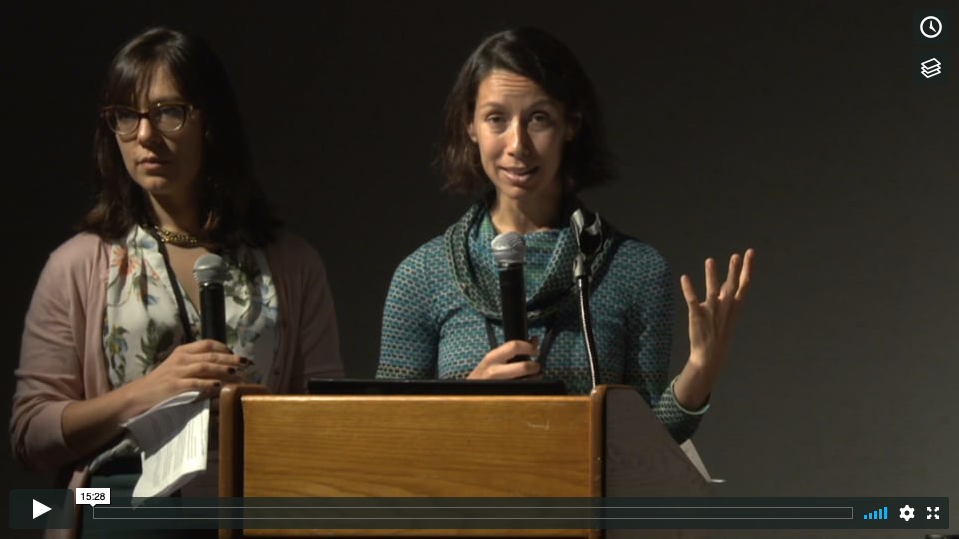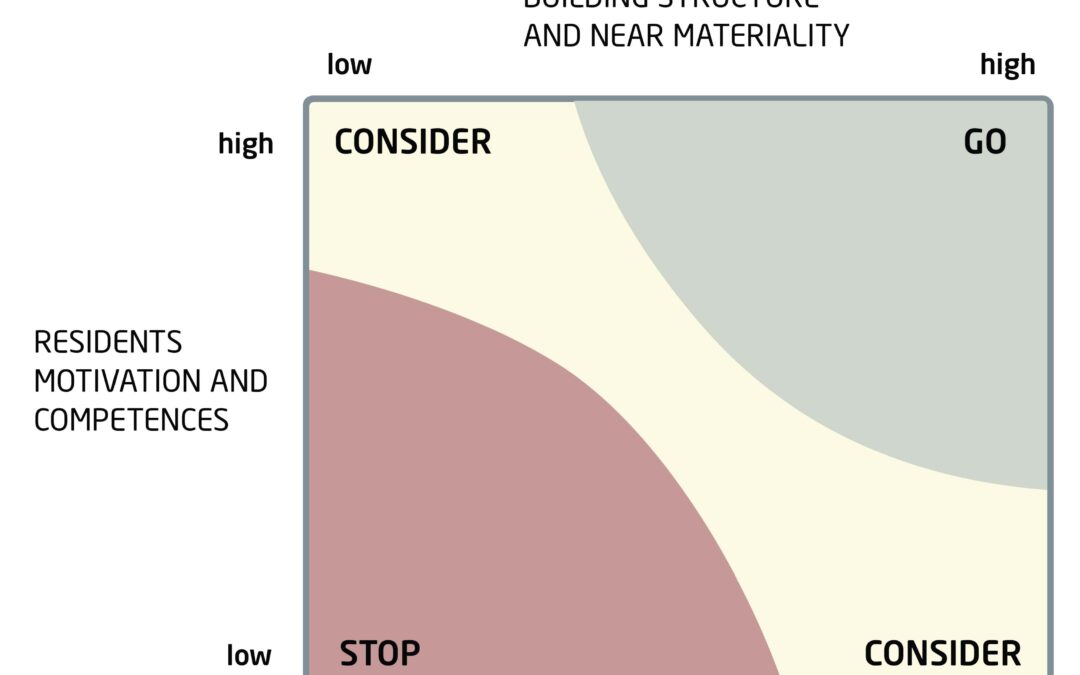The Gulf Coast of the USA encompasses impoverished communities, vibrant urban centers, farms, and a rich culture....


The Gulf Coast of the USA encompasses impoverished communities, vibrant urban centers, farms, and a rich culture....

Case Study—This case draws on work in the energy efficiency industry where many utilities rely on data-driven insights and decision-making to encourage consumers to adopt energy-saving products and behaviors. In this highly regulated industry, utility staff must show value through big data, and...

Developing sustainable solutions within the energy sector requires a holistic, interdisciplinary approach. Interdisciplinary partnerships need common frameworks that enable dialogue and knowledge exchange between different perspectives. In this paper we present ‘The Model of Change’ as a framework...

The move towards a more liberalized energy market and the emergent smart grid technology has forced a Scandinavian energy company to begin rethinking the relation between themselves and private energy end users. Originally a unidirectional relationship, the present and future have potential for a...

Reducing home energy use is a major societal challenge, involving behaviour change alongside infrastructure improvements. However, many approaches lump ‘energy demand’ together as something homogeneous, addressable primarily through quantitative feedback, rather than basing interventions on...